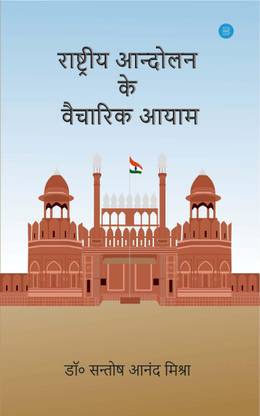Subhas Chandra Bose (23 January 1897 – 18 August 1945) was a prominent Indian nationalist whose defiance of British authority in India made him a hero among many Indians.
Early Life and Education:
Born in Cuttack, Odisha, Bose excelled academically, earning a degree in Philosophy from Presidency College, Calcutta. He then pursued the prestigious Indian Civil Service examination, which he topped in 1920. However, he resigned from the ICS, citing his commitment to Indian independence.
Entry into Indian Politics:
Bose joined the Indian National Congress and became a disciple of Chittaranjan Das. He participated in various movements, including the Non-Cooperation Movement and the Civil Disobedience Movement. His charisma and organizational skills quickly propelled him to prominence within the Congress.
Conflict with Gandhi:
Bose's more radical approach to achieving independence often clashed with Mahatma Gandhi's philosophy of non-violence. This led to disagreements within the Congress, culminating in Bose's resignation as Congress President in 1939.
Formation of the Indian National Army:
Following his resignation from the Congress, Bose escaped from house arrest and traveled to Germany and then to Southeast Asia, where he established the Indian National Army (INA) with the support of Japan. The INA, comprising Indian soldiers who had been captured by the Japanese, aimed to liberate India from British rule.
The "Give Me Blood and I Shall Give You Freedom" Slogan:
Bose's rallying cry, "Give me blood and I shall give you freedom," became a powerful symbol of the INA's struggle. He inspired and mobilized Indian soldiers and civilians to fight for their country's independence.
The Azad Hind Government:
In 1943, Bose declared the formation of the Provisional Government of Free India, also known as the Azad Hind Government, with himself as its head. This government, recognized by several Axis powers, aimed to establish a sovereign and independent India.
Disappearance and Legacy:
On August 18, 1945, while traveling to Japan, Bose's plane mysteriously disappeared. The official account states that he died in a plane crash, but many believe he survived and lived incognito.
Despite the uncertainty surrounding his death, Subhas Chandra Bose remains a revered figure in India. His leadership, courage, and unwavering commitment to Indian independence continue to inspire generations. He is remembered as a symbol of resistance against colonial rule and a champion of India's freedom.














0 Comments
Thank you